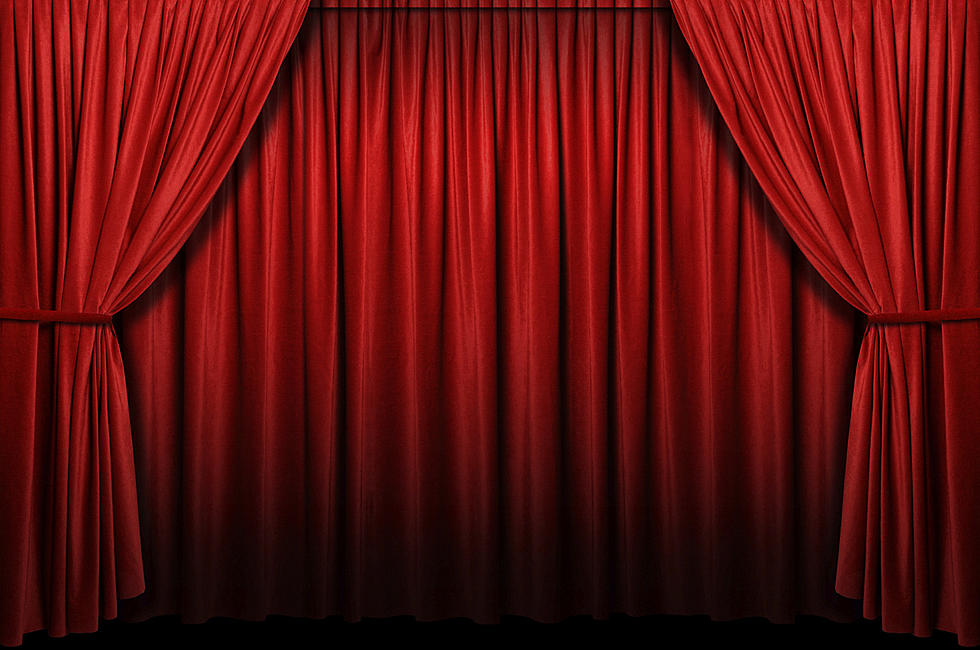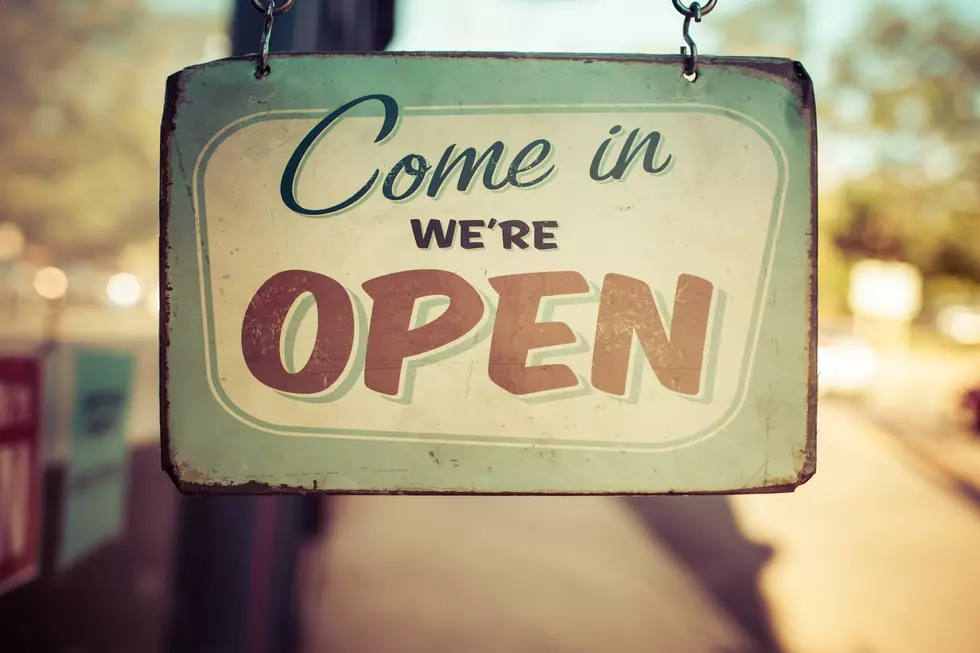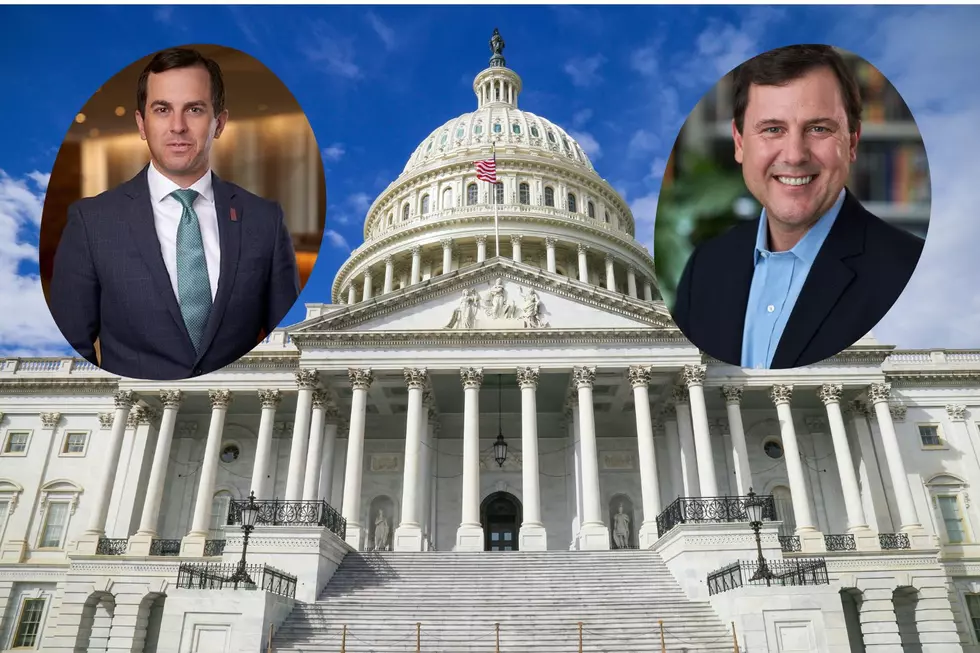
NJ may soon allow alcohol to be sold at small local theaters
Under current New Jersey law, local theaters can only apply for liquor licenses if they have seating for at least 1,000 audience members.
Attempting to get smaller theaters in line with the bigger players, and offer them another revenue stream to support their budgets, a proposed state law advancing in Trenton would permit nonprofit theaters with just 50 seats or more to apply for a liquor license and sell alcohol before, during and after performances at the venue.
The bipartisan measure, approved by a Senate panel on Monday and unanimously by the full Assembly in November, would allow "theater licenses" for these smaller organizations so long as admission is charged for shows and their venue is primarily used for theatrical and/or musical productions.
"Ticket income only covers an average of one-third of a theater's expenses, and the remainder of the annual operating expense is covered by increasingly-hard-to-obtain contributed income from foundations, individuals, corporations and state and federal funding," John McEwen, executive director of the New Jersey Theatre Alliance, told the Senate Law and Public Safety Committee.
McEwen said the additional revenue derived from the sale of alcoholic beverages would "provide the annual cost" of bringing professional theater to the community, while also enhancing the theater-going experience for patrons.
When first introduced in 2018, the bill reduced from 1,000 to 100 the number of seats required for a theater to apply for a license to sell alcohol on the premises. That's when it lost the support of the New Jersey Restaurant and Hospital Association.
"That certainly can have a catastrophic impact," Marilou Halvorsen, president of NJRHA, told lawmakers in June. "You can put up 50 folding chairs and suddenly you're a theater."
Halvorsen said there"s a "great partnership" between theaters and nearby restaurants, but "this is just one more" piece of legislation that devalues the liquor licenses currently held by the association's members.
Assemblywoman Annette Chaparro, D-Hudson, insists this bill would not create competition for local bars and restaurants; it just offers theatergoers a chance to enjoy a drink while enjoying a show, "just like on Broadway."
"I think this bill is sensible and offers up the liquor-license process to smaller theaters, and it sends the right message of support from New Jersey government," Chaparro wrote to Assembly members in June.
The amended measure also allows theaters with a seating capacity of 1,000 or more to sell alcoholic beverages after a performance has ended, for two hours. Theaters with a seating capacity between 50 and 1,000 would be able to do this no more than 15 times per year.
"Allowing community theaters the opportunity to serve alcohol will bolster attendance and improve the economic viability of the arts throughout the Garden State," said Sen. Tom Kean, R-Union. "What better way to enhance the night-out experience than by sipping a cold drink while watching a new show?"
More from the Jersey Shore:

More From 105.7 The Hawk










